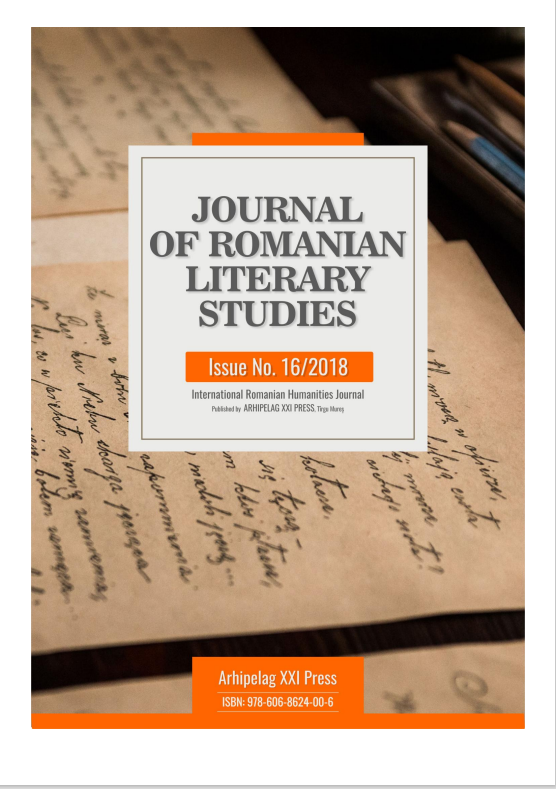MARGINAL IDENTITIES AND LIMINALITY IN POST-COMMUNIST LITERATURE - TWO CASE STUDIES: JACHYM TOPOL AND ANDRZEJ STASIUK
MARGINAL IDENTITIES AND LIMINALITY IN POST-COMMUNIST LITERATURE - TWO CASE STUDIES: JACHYM TOPOL AND ANDRZEJ STASIUK
Author(s): Ramona SasSubject(s): Language and Literature Studies, Literary Texts, Cultural history, Studies of Literature, Comparative Study of Literature, Czech Literature, Polish Literature, Post-War period (1950 - 1989), Transformation Period (1990 - 2010), Philology
Published by: Editura Arhipelag XXI
Keywords: Central Europe; underground; liminality; transition; marginality;
Summary/Abstract: Starting from the premise that the transition time is in fact, a period of identity reconstruction, when individuals are in between undefined social, political and cultural frameworks, this study proposes a comparative analysis of the liminal aspects depicted in the works of two former members of the Central-European underground from the late 80s and early 90s, the writers: Jáchym Topol and Andrzej Stasiuk. The present study brings out their similar perspectives and literary reflections regarding the post-communist period. The aspects of liminality are discussed here mainly with a focus on time and space, and on the conceptual matrix in which the writers have set up prototypes of anti-heroic characters, mappings of marginalized groups and minorities of all sorts. Besides that, through this comparison we have come to a conclusion that certifies to a certain degree, a Central-European specific found in both cases, which is the relationship with the historical past, as well as the mental attitude materialized in the ideal of refusal and mistrust towards a better future.
Journal: Journal of Romanian Literary Studies
- Issue Year: 2019
- Issue No: 16
- Page Range: 1099-1107
- Page Count: 9
- Language: Romanian

